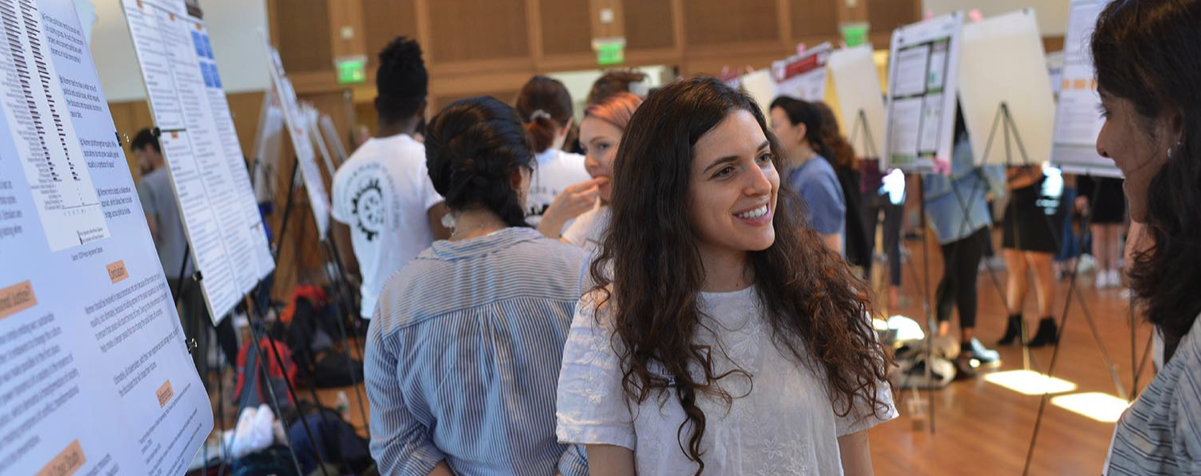Turning Point Narratives of University Life during the COVID-19 Pandemic among Emerging Adults from Sociodemographic Minority Groups in the United States
Faculty Sponsor: Royette T. Dubar, Ph.D. Live Poster Session: Zoom Link Jocelyn Maeyama Jocelyn is currently pursuing their M.A. in Psychology through Wesleyanâs B.A./M.A. program. Their thesis project explores how students from sociodemographic underrepresented groups in the class of 2024 make meaning out of their adjustment to college during the COVID-19 pandemic. Outside of the … Read more

